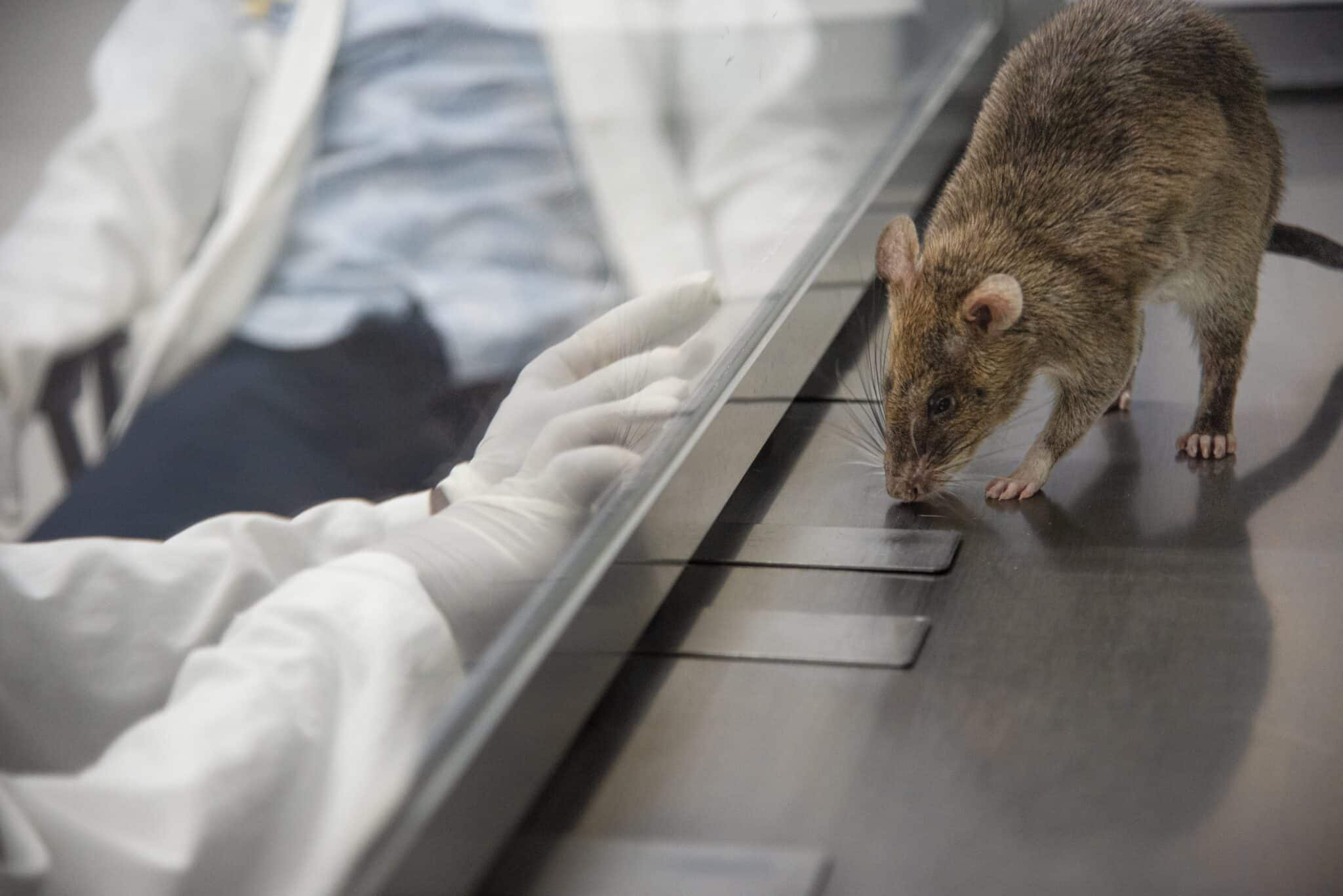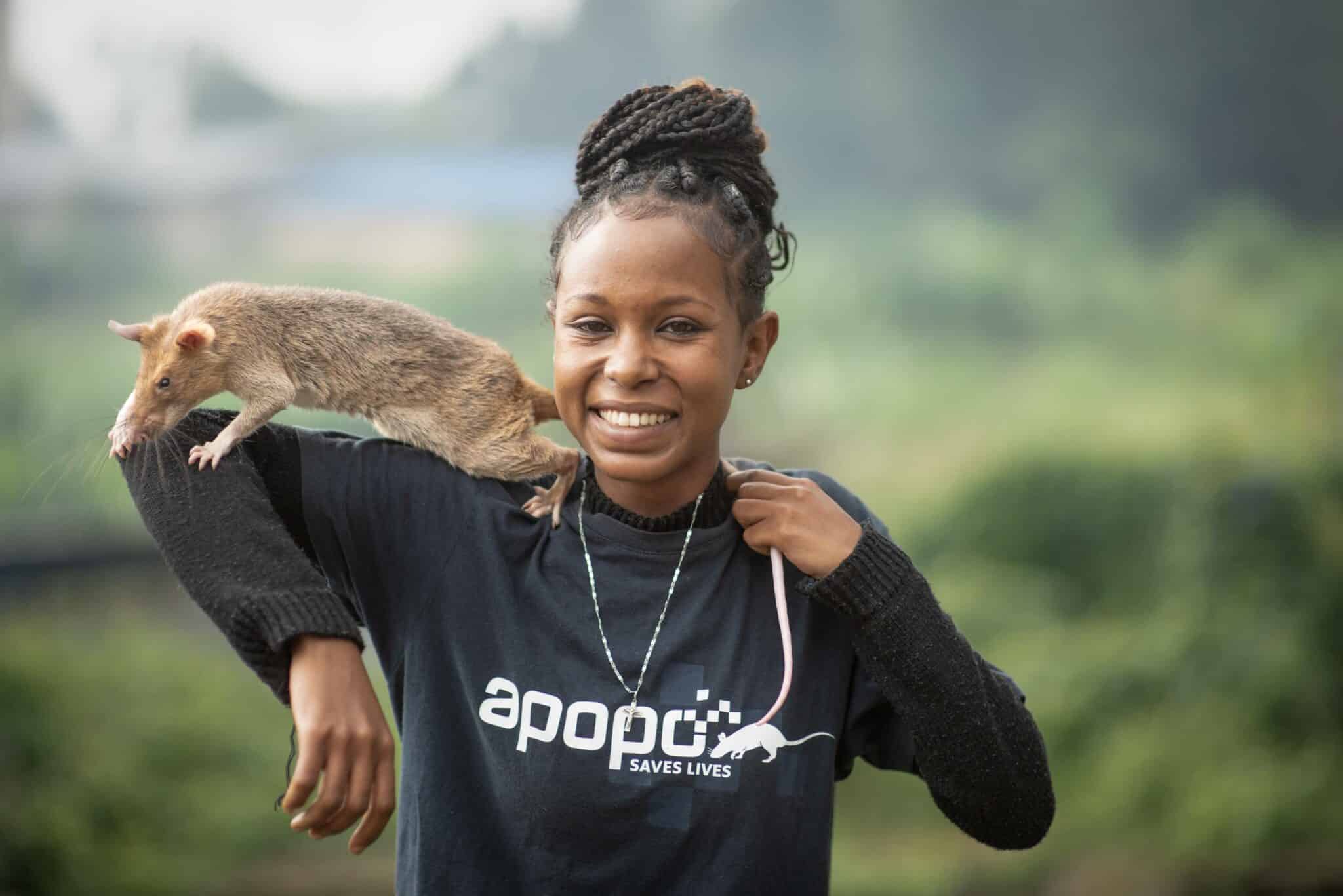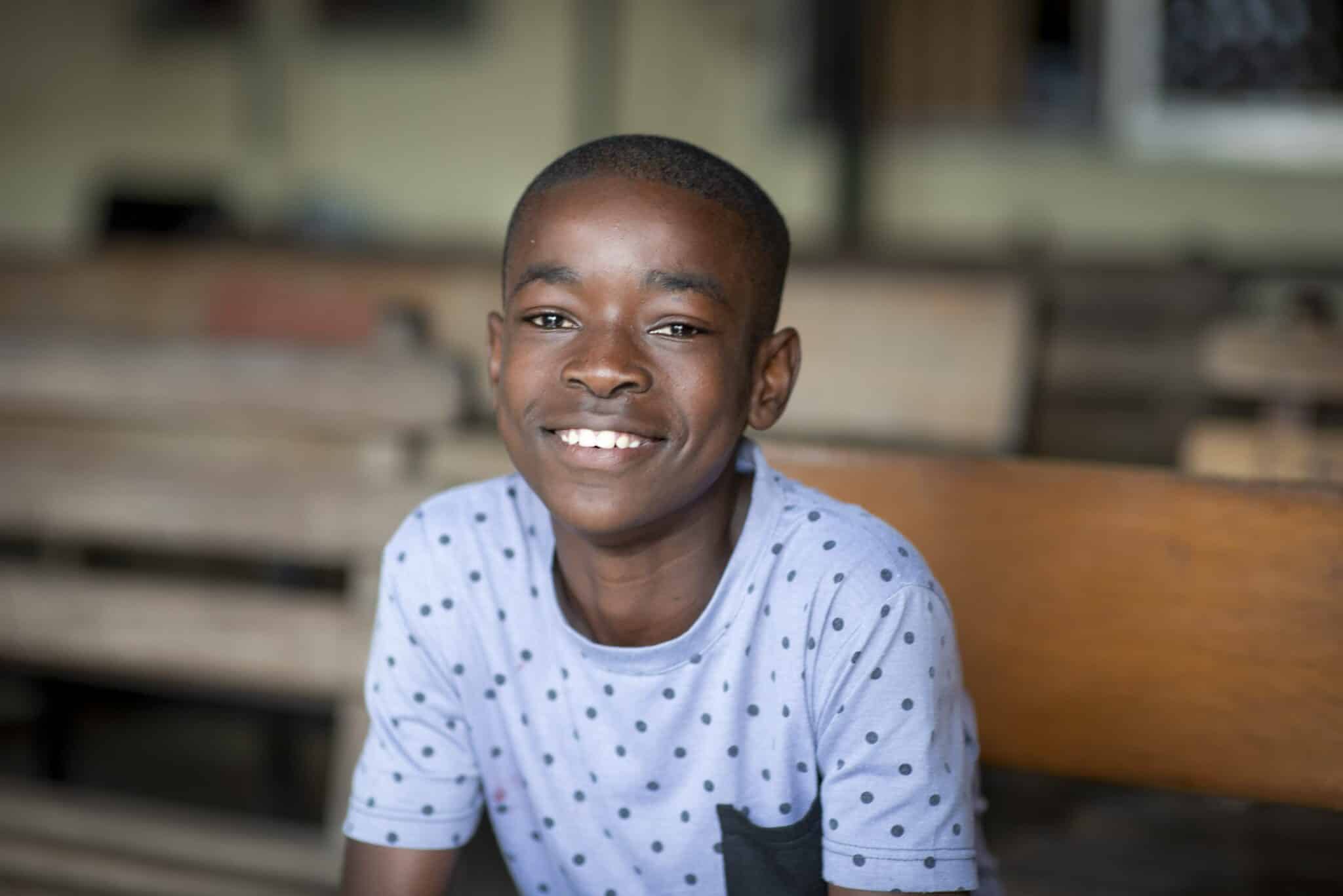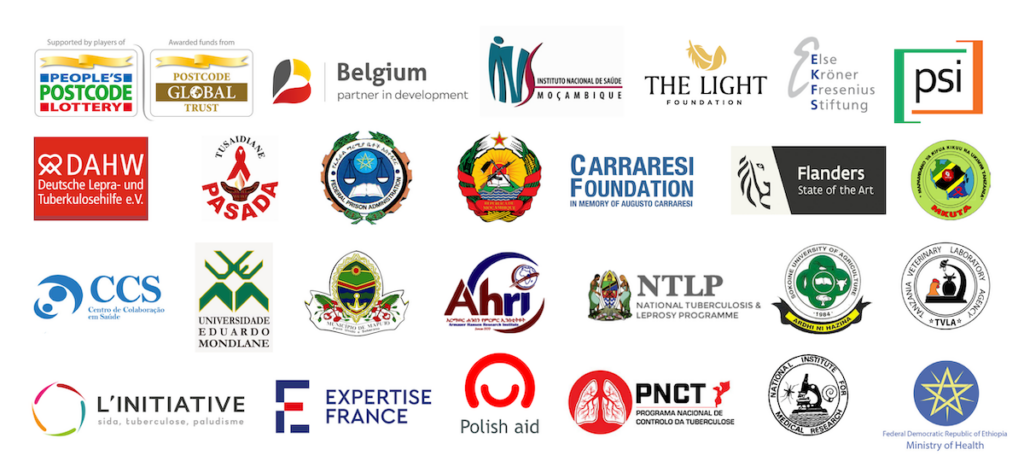By Dr. Tefera Azigew | APOPO Head of TB
March 24, World TB Day, is an important date on the global health calendar, bringing attention to tuberculosis (TB) – a disease that, despite being preventable and curable, remains a significant global health threat. The theme for 2024, “Yes! We can end TB!” focuses on the need for enhanced leadership, additional funding, and the quick adoption of World Health Organization (WHO) guidelines. This day is an opportunity to increase awareness, celebrate the progress made, and highlight the work still needed to combat the global TB epidemic.
TB is still a global threat. Every day, over 3,500 people lose their lives to TB, and 3.1 million cases are estimated to have been missed in 2022. The global targets set in 2023 at the second UN high-level meeting on TB (September 2023) are ambitious. According to the WHO Global TB Report 2023, they include:
- Reaching 90% of those who need TB prevention and care services by 2027
- Ensuring all people with TB can access health and social benefits
- Raising US$22 billion for research and developing a new vaccine against TB
- Meaningful engagement of people and communities affected by TB
- Strengthening the WHO multisector accountability framework for TB within each national context
At APOPO, we celebrate the successes in the TB world and take the opportunity to reflect on the commitments, leadership, investments, innovative research, and progress towards ending the TB epidemic. In 2022, it was encouraging to see the highest TB notification for a single year – 7.5 million people – since the WHO started global TB monitoring in the mid-1990s.
APOPO’s Innovative Approach to TB Detection

APOPO has been at the forefront of combating TB, in line with global efforts and the End TB strategy. To do this we use an innovative and highly effective method: training African giant pouched rats (Cricetomys ansorgei) to detect the disease in human sputum samples. This unique approach, operational in Tanzania, Ethiopia, and Mozambique since 2007 is a significant step forward in the global strategy to eliminate TB, offering a quicker and more cost-effective solution to one of the world’s oldest and most persistent health challenges.
APOPO’s HeroRATs serve as a second-line screening tool for people who have initially tested negative for TB but continue to show symptoms of the disease. Our highly trained rats can swiftly screen samples, and when they indicate a sample as positive for TB, these findings are then verified in APOPO’s labs before the results are shared with partner clinics. This verification process ensures accuracy and allows clinics to provide medication to patients who may otherwise go untreated.
The Impact of TB Detection Rats

APOPO’s TB detection rats have made a significant impact on TB screening and diagnosis. With the ability to screen around 100 samples in just 20 minutes, compared with up to four days in a traditional laboratory setting, the rats have significantly accelerated the diagnosis process and are finding patients that were initially missed.
Since their introduction until the end of 2023, APOPO’s TB detection rats have screened 954,469 sputum samples collected from 577,141 presumptive TB patients, and they have helped find 30,328 additional TB patients that were initially missed by routine TB screening in local clinics.
According to the WHO, a single individual with active pulmonary TB can infect up to 15 people a year. Based on these figures APOPO has averted 363,936 possible infections by identifying TB cases and linking these patients to care and treatment.
Research & Innovation at the Core of APOPO’s Mission

Continual research and innovation are at the heart of APOPO’s mission. In our ongoing research (Agizew et al 2023.), we found that our TB detection rats were more sensitive to the presence of TB in children’s sputum samples than adults, even when the TB bacterial load within the sample was low. While the hypothesis that APOPO’s rats identify TB more easily in children than adults needs further evaluation, these initial findings may pave the way for identifying and treating cases of childhood TB more rapidly than before.
In recent years, TB control strategies in Ethiopia and Tanzania have reduced TB notification by 5% on average annually (Ref: WHO global TB report 2023). Ending the TB epidemic before or by 2035 is possible if TB notification declines by an annual factor of at least 15% from the current notification (Agizew et al 2022.). Therefore, a scale-up of TB diagnostics and active TB case finding on a larger and more sustainable scale is essential.
APOPO’s commitment to innovation extends to exploring less invasive sample materials, such as sebum, urine, and breath, making TB testing more accessible and child-friendly. This research is currently underway in partnership with the University of Manchester and another “living biosensor”, Joy Milne.
The Path Ahead of World TB Day 2024
The fight against TB has seen significant advancements, with several countries making strides in reducing TB cases and deaths. On a very positive note, APOPO is pleased to see that Ethiopia has exited the high multi-drug resistant TB (MDR-TB) country list. Ethiopia also went on to achieve the End TB Strategy milestone of a 20% drop in the number of new TB cases between 2015 and 2020.
Tanzania and Mozambique are also among the countries to have achieved the End TB Strategy milestone of a 35% reduction in TB deaths between 2015 and 2020. Ethiopia was very close, with a reduction of 34%.
As we commemorate World TB Day 2024, we celebrate these achievements and these successes highlight the effectiveness of combined efforts and innovative strategies in controlling TB, including APOPO’s contributions. It is important to acknowledge these achievements while recognizing the need for ongoing action and investment in TB prevention, care, and research.
The goal to end TB by 2035 is ambitious but achievable with the continued scale-up of diagnostic and case-finding efforts. The recent UN High-Level Meeting on TB underscored the importance of transforming commitments into action. APOPO’s work, particularly in refining and expanding its TB detection techniques, is critical to these efforts.
A Call to Action: Supporting APOPO’s Vision
APOPO’s work highlights the importance of innovation and collaboration in the fight against TB. By supporting APOPO and similar initiatives, we can help bring about a world free of TB. The theme “Yes, We Can End TB!” is not just a call to action but a reminder of the progress we can achieve through collective efforts and the implementation of innovative solutions. Let’s support APOPO’s mission and work together to end TB.
The second UN High-Level Meeting on TB in 2023 called for high-level commitment and for countries to take the opportunity to take decisive steps forward so we can end TB. Therefore 2024 is a year to turn commitment into tangible action, starting on World TB Day 2024.
You can adopt TB-detection rat Carolina and contribute towards ending TB!
APOPO is deeply grateful for the support and generosity of our partners and donors over the years including the health authorities in the countries it works.



